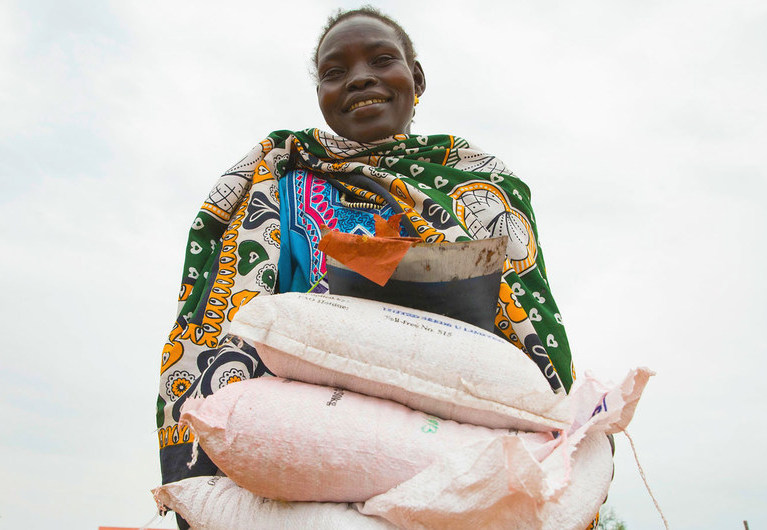
World faces worst food crisis for at least 50 years, UN warns
The world stands on the brink of a food crisis worse than any seen for at least 50 years, the UN has warned as it urged governments to act swiftly to avoid disaster.
Better social protections for poor people are urgently needed as the looming recession following the coronavirus pandemic may put basic nutrition beyond their reach, said the UN secretary general, António Guterres.
“Unless immediate action is taken, it is increasingly clear that there is an impending global food emergency that could have long-term impacts on hundreds of millions of children and adults,” he said. “We need to act now to avoid the worst impacts of our efforts to control the pandemic.”
Although harvests of staple crops are holding up, and the export bans and protectionism that experts feared have so far been largely avoided, the worst of the impacts of the pandemic and ensuing recession are yet to be felt. Guterres warned: “Even in countries with abundant food, we see risks of disruption in the food supply chain.”
About 50 million people risk falling into extreme poverty this year owing to the pandemic, but the long-term effects will be even worse, as poor nutrition in childhood causes lifelong suffering. Already, one in five children around the world are stunted in their growth by the age of five, and millions more are likely to suffer the same fate if poverty rates soar.
Guterres laid out a three-point plan to repair the world’s ailing food systems and prevent further harm. These are: to focus aid on the worst-stricken regions to stave off immediate disaster, and for governments to prioritise food supply chains; to strengthen social protections so that young children, pregnant and breastfeeding women and other at-risk groups – including children who are not receiving school meals in lockdown – receive adequate nutrition; and to invest in the future, by building a global recovery from the pandemic that prioritises healthy and environmentally sustainable food systems.
Maximo Torero, the chief economist of the UN Food and Agriculture Organization, said the world’s food systems were under threat as never before in recent times, as the pandemic and lockdowns hampered people’s ability to harvest and buy and sell food. “We need to be careful,” he said. “This is a very different food crisis than the ones we have seen.”
Harvests are healthy and supplies of staple foods such as grains are “robust”, according to the UN report on the impact of Covid-19 on food security and nutrition, published on Tuesday. But most people get their food from local markets, which are vulnerable to disruption from lockdowns.
Increasing unemployment and the loss of income associated with lockdowns are also putting food out of reach for many struggling people. Though global markets have remained steady, the price of basic foods has begun to rise in some countries.
Lockdowns are slowing harvests, while millions of seasonal labourers are unable to work. Food waste has reached damaging levels, with farmers forced to dump perishable produce as the result of supply chain problems, and in the meat industry plants have been forced to close in some countries.
